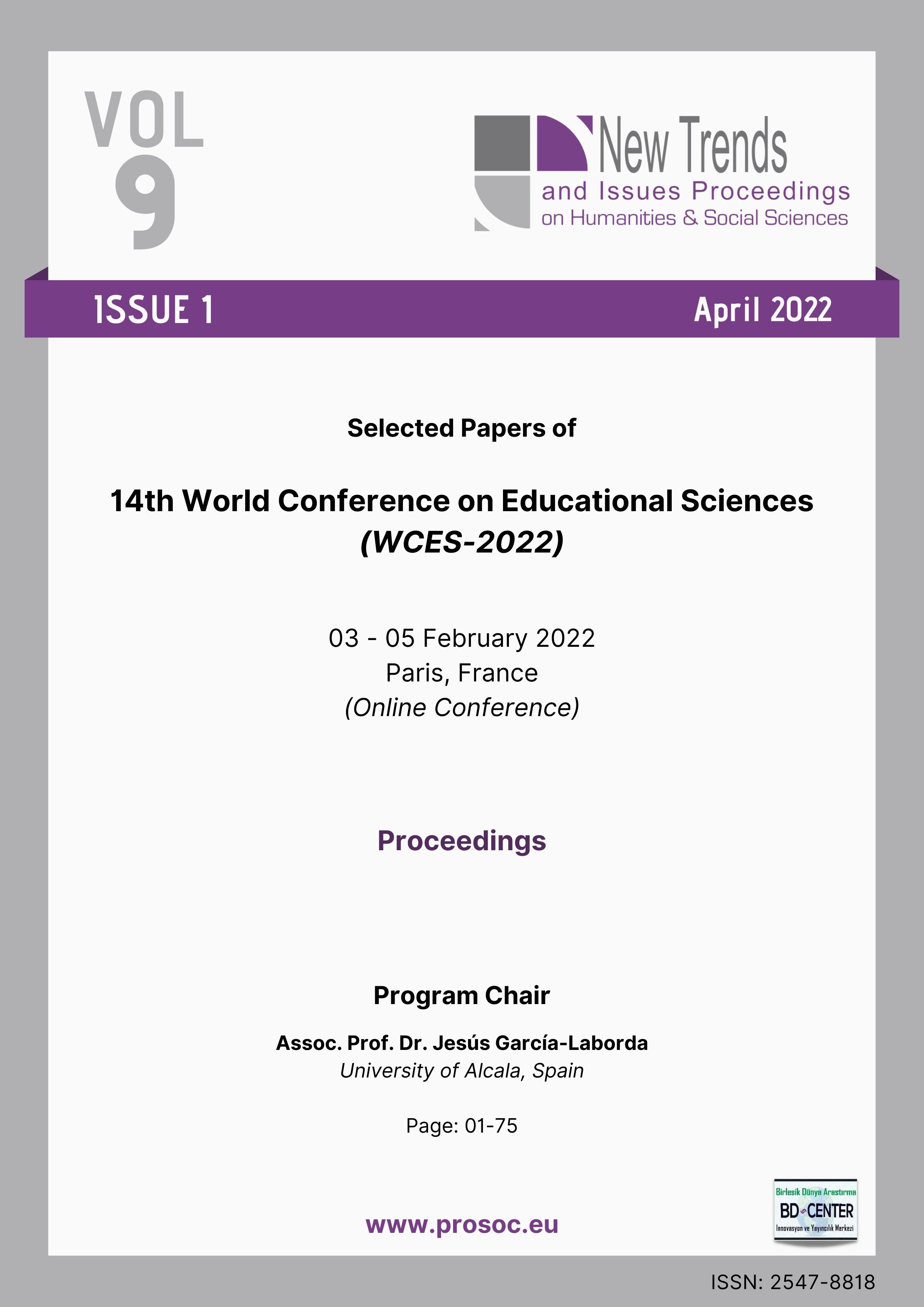The impact of higher education students’ personality traits on susceptibility to specific gamification elements
Main Article Content
Abstract
This research aims to determine if higher education students with certain personality traits are susceptible to specific gamification elements in education like points, levels, rewards, and others. A quantitative survey was carried out with a sample of 382 students from the Faculty of Organizational Sciences, University of Maribor, Slovenia. A 10-term measure of the Five-Factor Model (FFM) called the Ten Item Personality Measure (TIPI) was used. Descriptive statistics were used for analyses of collected data. Based on sample means, t-tests were performed to compare population means for statements of gamification elements between groups. This research's significant findings reveal that students with specific personality traits are more susceptible to particular elements of gamification. For example, students with high expressed extraversion are more susceptible to elements like immediate feedback, verbal praises from the professors, regular progress, teamwork, and constant challenges. The research contributes to a more in-depth understanding of gamification elements and is valuable for practical application.
Keywords: Big Five inventory; gamification; gamification elements; higher education; personality traits.
Downloads
Article Details

This work is licensed under a Creative Commons Attribution 4.0 International License.
Authors who publish with this journal agree to the following terms:- Authors retain copyright and grant the journal right of first publication with the work simultaneously licensed under a Creative Commons Attribution License that allows others to share the work with an acknowledgement of the work's authorship and initial publication in this journal.
- Authors are able to enter into separate, additional contractual arrangements for the non-exclusive distribution of the journal's published version of the work (e.g., post it to an institutional repository or publish it in a book), with an acknowledgement of its initial publication in this journal.
- Authors are permitted and encouraged to post their work online (e.g., in institutional repositories or on their website) prior to and during the submission process, as it can lead to productive exchanges, as well as earlier and greater citation of published work (See The Effect of Open Access).
